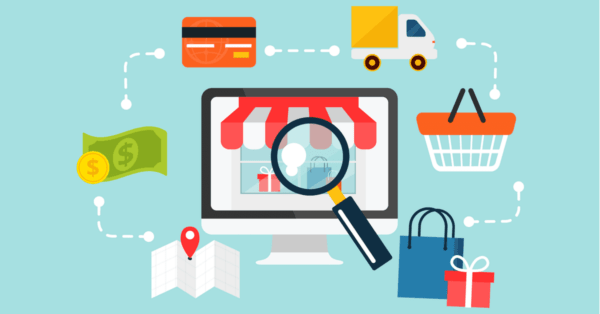
5 Simple Ways Your Business Can Become More Sustainable

Over the past few years we’ve seen a profound shift in the public consciousness towards sustainability and the importance of practicing sustainable behaviour in our day-to-day lives. Nowadays, most of us recycle our waste at home, and we’re all aware of the battle against plastic and the need to avoid single-use plastic bottles and carrier bags.
But when it comes to our workspaces, there seems to be a greater disconnect, with many bad habits still creeping in. After all, it isn’t the employees’ job to tidy up. And if there isn’t a policy in place, it can be difficult to enforce any changes to increase sustainability and reduce our carbon footprint.
For this article, we worked with Opus Energy, a renewable energy provider to businesses, to share their simple tips and tricks on how to cultivate a more sustainable business environment.
1. Cut the commute carbon
Encouraging your employees to carpool with each other, use public transport, or even cycle to the office is a big step towards cutting your business’ total emissions. Incentivise your workspace by setting up a cycling club or offering subsidies towards public transport. If possible, look into offering work from home days or developing policies that allow for your employees to work without having to battle the commute. Removing your commute carbon for even just one day each, can reduce emissions by around 20%.
2. Paper deficit
We’re all guilty of it: we all print far more than we need or will ever use. Whilst it can be difficult to go completely paper free, being aware of the paper you’re using and attempting to cut down this figure can help to reduce your environmental impact and enhance your businesses sustainability. Try giving your employees printing credits for the month, and when they’re gone, they’re gone or consider asking vendors and customers to offer e-statements and invoices instead of print. Making a couple of changes will ensure your team prioritises what really needs to be on paper, and what can stay digital.
3. Aim for zero waste to landfill
When it comes to dealing with our rubbish, the majority of us are old hands at organising our household rubbish, so educating your employees on this should be an easy task. However, you need to ensure you have the right infrastructure in place to allow this to happen. Make sure you have clearly labelled bins and that your office waste won’t ultimately end up in the landfill. Check with your cleaners or building management that the binmen will dispose of this waste correctly.
4. Responsible sourcing
Make sure any suppliers you may be in day-to-day contact with source their materials ethically and sustainably. This can extend to your utility suppliers too; ensuring they are providing you with sustainable power could be the most drastic change you can make to cut your overall emissions.
Whilst it might not be financially viable to swap out all of your equipment for sustainable alternatives, you can focus on certain areas which may have a huge overall impact. Enhancing items such as light bulbs or your existing electronics to be as energy efficient as possible will help towards your sustainable credentials.
5. Invest in renewables
If you switch your energy supply to a more environmentally friendly tariff or provider, why not look into generating your own? If you are able to, installing solar panels are a cost-effective way of ensuring the energy your office or building uses is completely renewable.
For business owners concerned about the environment, making this switch to renewable energy can reduce not only your environmental impact, but contribute towards the wider decarbonisation across the UK’s electricity network. It’s also a way for your business to diversify, by bringing in a new stream of revenue. If done right, it can be low effort, high impact and great for the environment. For more information on how to begin this process, check out our advice here.
Sustainability and brand building
Making just a few changes to your office, routines or even your suppliers will ultimately work in your favour. Reducing your environmental impact and becoming more sustainable will lower the emissions you put into the atmosphere and help to develop your company or business as a brand that is taking a stand for a more sustainable future.












































